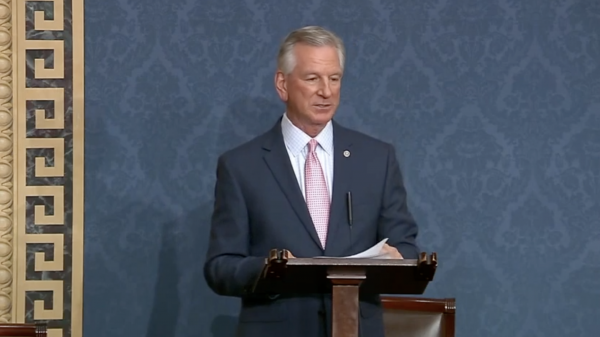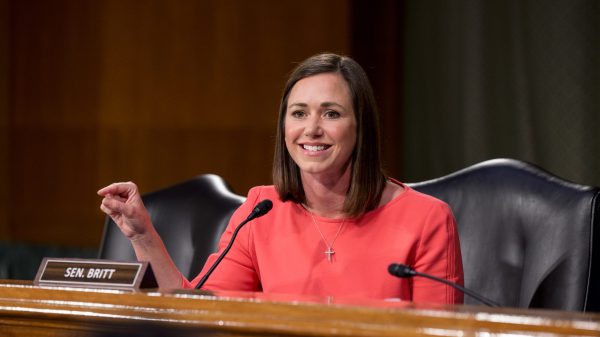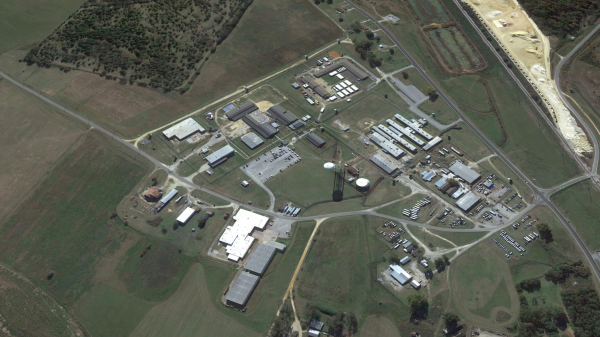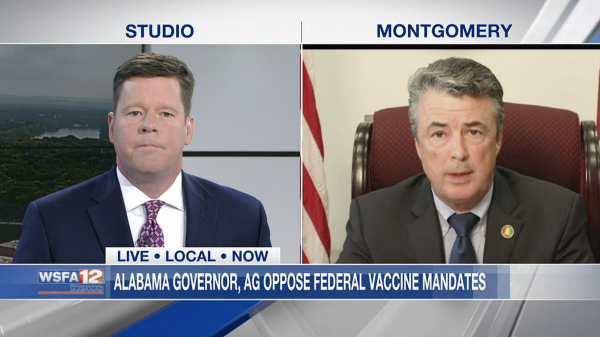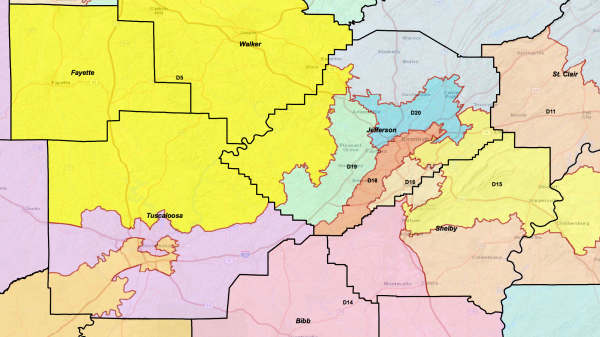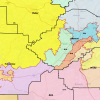By Brandon Moseley
Alabama Political Reporter
Congresswoman Martha Roby’s H.B. 3454 ‘Preserving Marginal Lands and Protecting Farming Act of 2011 would decrease the amount of total acreage idled under the Conservation Reserve Program (CRP) and reserve the program for marginal and erodible land. This would have the double benefit of saving the government money and increasing the amount of land that is available for food production.
Congresswoman Roby in her press release said, “Applying smart conservation techniques on marginal or eroded land makes good sense, but the federal government’s use of taxpayer dollars to encourage landowners to remove acres of quality cropland from agricultural production defies logic,” Roby said. “This is especially true in a time of serious budget problems and growing demand for food at home and abroad. This legislation would help restore commonsense to our conservation policy, return CRP to its original purpose, and save taxpayer money.”
Currently 34.5 million acres are enrolled in the CRP Program. For comparison purposes the state of Alabama in total is only 33.5 million acres. Congresswoman Roby’s bill would gradually draw down the program. In 2012 Rep. Roby’s bill would limit the program to just 30 million acres (a 13 percent reduction from current levels). In 2013 the maximum would drop to 26 million acres (a 24.6 percent reduction) and in 2014 the total acreage would drop to just 24 million acres (a 30.4 percent reduction).
Additionally Rep. Roby’s bill would remove the most fertile American cropland from the program. The USDA has eight soil classifications land based on its crop production potential with I being the most productive and class VIII being the least suited for growing crops. Under Rep. Roby’s plan class I and class II lands would become ineligible for idling under the CRP program. This would reserve the program for more marginal lands that need the most protection.
Rep. Roby said, “The goal is to strike the right balance between conservation and production. As with most government programs, CRP has grown and expanded over time,” Roby said. “Our ability to produce food and fiber is a national security concern, and we’re only hurting our ability to do this by encouraging the removal of productive land. This bill restores balance to the program.”
“One of the things I hear repeatedly from our farmers is that the federal bureaucracy needs to get out of the way and let farmers do what they do best,” Roby said. “The government shouldn’t compete with our farmers or the free market to determine how private land in Alabama or any other state is used.”
Alabama Agriculture Commissioner John McMillan supports the legislation. “Thanks to the leadership of Alabama’s two new members in the U.S. House – Martha Roby and Terry Sewell – we have common sense legislation that will help our farmers meet a rapidly growing demand for food and fiber,” McMillan said.
“Federal agriculture policy under the Conservation Reserve Program (CRP) has seen its better days,” McMillan explained. “We must adjust to an era of growing demand for American agricultural commodities by releasing croplands from restrictions established in 1985, which are outmoded and counter-productive.”
“Somewhere along the way, the law’s intent went awry and requirements for program eligibility loosened to allow payments for conservation on some high quality cropland,” McMillan added. “It’s bad policy for the government to encourage landowners to remove fertile soil from production.”
The CRP was established in 1985 to promote conservation by paying landowners to convert cropland to grass or timber production. CRP lands can not normally be grazed on by domesticated animals and typically grass on CRP land can only be cut for hay during emergency drought conditions declared by the government. In the early 1980s, when the program was started, an overproduction of grain led to a collapse in grain prices, so CRP then helped decrease the ‘grain glut’ the economy had at the time. Now, 27 years later grain prices have increased substantially as demand has increased due to a growing global population, grains being turned into ethanol for fuel, and as incomes have increased in the developing world more people tend to eat a better diet with more chicken, pork, and beef products. Since most food animals are raised or finished with grains the demand for feed grains has increased. It is hoped that putting more land into production will grow Alabama’s rural economy and produce more agricultural jobs.
The bill has been cosponsored by Rep. Terri Sewell (D-Selma), Rep. Mo Brooks (R-Huntsville), Rep Spencer Bachus (R-Vestavia), Jo Bonnor (R-Mobile), Robert Aderholt (R-Haleyville), and Vicky Hartzler (R) from Missouri’s 4th District.
Read Rep. Roby’s press release
Read Commissioner McMillan’s comments


